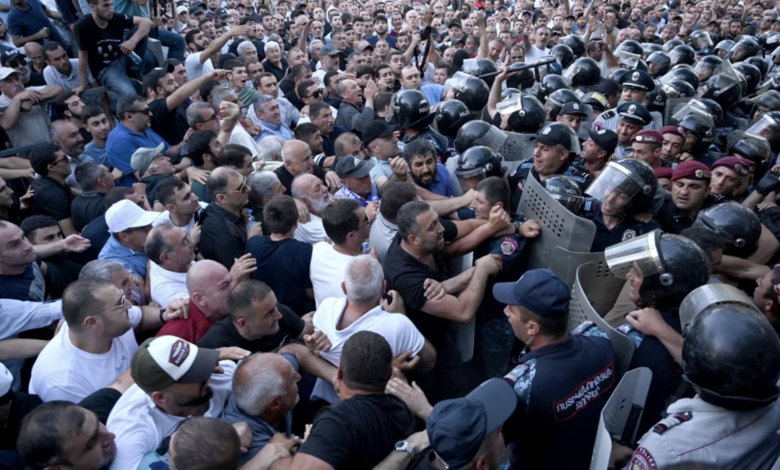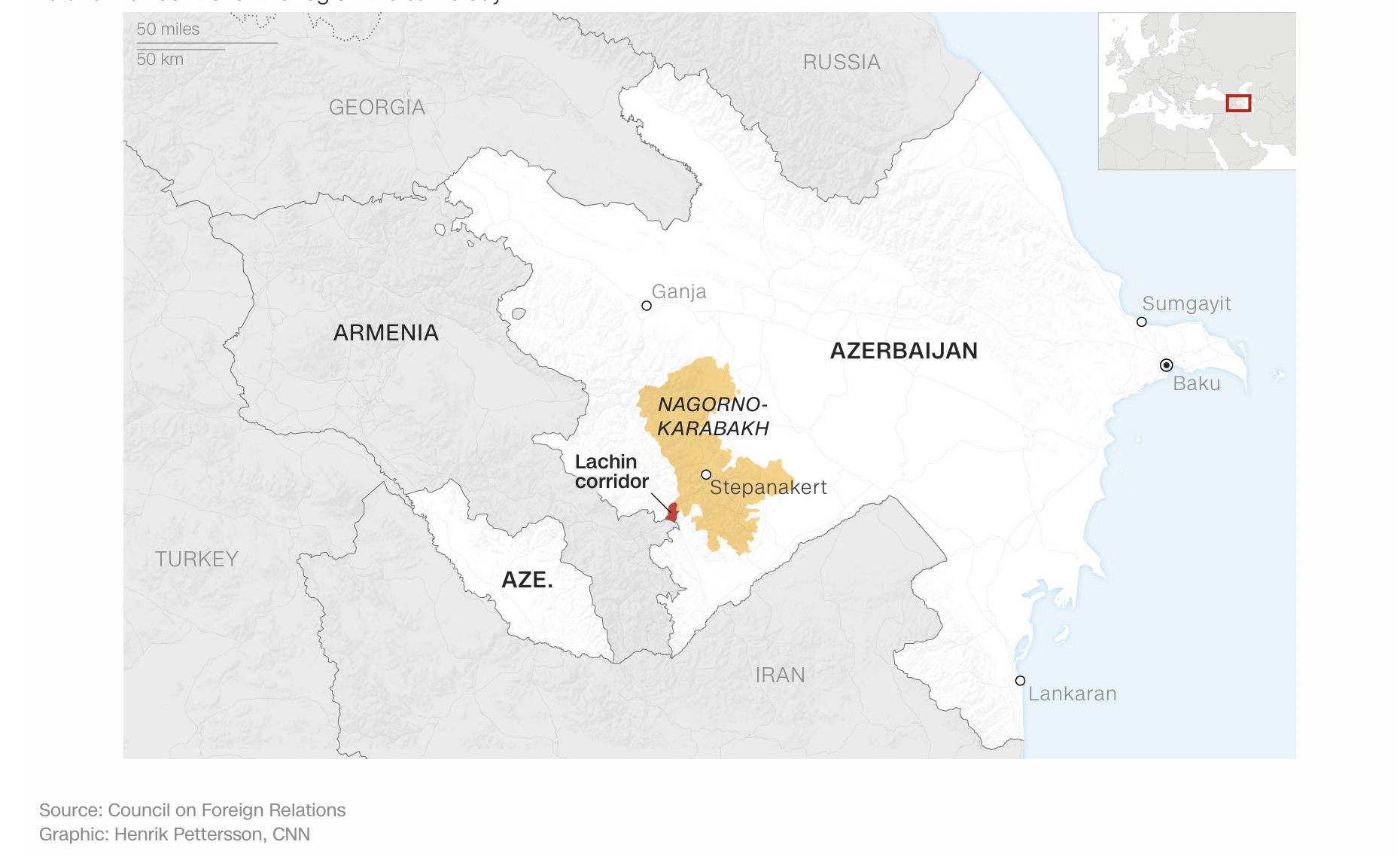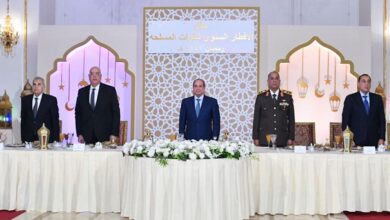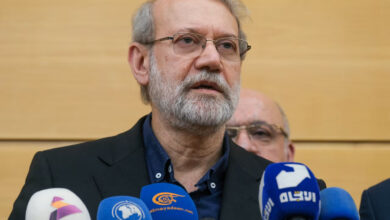
Armenia will leave a Russia-led military alliance, Prime Minister Nikol Pashinyan confirmed Wednesday, accusing members of the bloc of plotting with bitter rival Azerbaijan to start a war against them.
Pashinyan has for months accused the Kremlin’s Collective Security Treaty Organization (CSTO) of failing to protect Armenia from resurgent Azerbaijani aggression, threatening to leave the bloc if Moscow did not provide greater assurances and trying to cleave more closely to the United States and European Union.
Since the collapse of the Soviet Union, Armenia and Azerbaijan have fought two wars over the breakaway Nagorno-Karabakh region, which Azerbaijan reclaimed in full by force in September. Russia has traditionally allied with Armenia, but their relations have soured in recent months while Moscow’s ties to Azerbaijan have deepened.
Speaking to parliamentarians in the capital Yerevan, Pashinyan said his country had “frozen” its participation in the CSTO and would leave the bloc at a time of Armenia’s choosing.
“We will decide when we leave, but we will not go back,” Pashinyan was quoted in state media Armenpress as saying. “It turned out that members of the alliance are not fulfilling their contractual obligations, but are planning a war with Azerbaijan against us.”
Pashinyan stopped short of naming the accused countries in the bloc, which includes Russia, Belarus, Kazakhstan, Kyrgyzstan and Tajikistan, and was founded in 1992 as the Soviet Union crumbled.
The Nagorno-Karabakh conflict
Nagorno-Karabakh, a former ethnic Armenian-majority breakaway region fought over by Armenia and Azerbaijan, has been the site of three wars in as many decades. Azerbaijan launched a 24-hour assault on the region on September 19, 2023, before ethnic Armenian forces agreed to a Russia-brokered ceasefire that saw them disband their armed forces. Azerbaijan said it had retaken full control of the region the same day.

The rupture in Armenia’s relations with Russia comes after Azerbaijan retook Nagorno-Karabakh in a one-day war in September, sparking an exodus of virtually all of the Caucasian enclave’s ethnic Armenian population, despite the presence there of Russian peacekeepers.
Several Karabakh Armenians told CNN at the time that they felt “betrayed” by Russian peacekeepers who “did nothing” to protect them, leaving them no choice but to abandon their homes and flee to Armenia proper. As more than 100,000 people took to the only road out of Karabakh, a billboard displaying the face of Russian President Vladimir Putin watched down over them.
Some 2,000 Russian peacekeepers had deployed to Karabakh after a 44-day war in 2020, when Azerbaijan retook about a third of the enclave, in an offensive halted only by a Moscow-brokered ceasefire – which Azerbaijan would eventually breach three years later.
When Russia’s security guarantees proved hollow and Western support no more than rhetorical, Pashinyan – fearing an all-out war with Azerbaijan – declined to send Armenian military support to Karabakh, leaving the enclave’s troops vastly outnumbered and with little choice but to surrender swiftly.
Azerbaijan’s President Ilham Aliyev had described retaking Karabakh as the “sacred goal” of his presidency. Despite international condemnation of the exodus of Karabakh Armenians, which officials in Yerevan said amounted to ethnic cleansing, there was hope that this was the tragic price of putting an end to one of the world’s most protracted conflicts.
But a formal peace treaty has not been signed despite months of negotiations. In April, however, Armenia agreed to return four border villages to Azerbaijan, which both countries described as a major step toward a peace deal.
Buoyed by recent progress, Pashinyan said Wednesday that Armenia is “ready to sign a peace agreement within a month,” describing the terms of the deal as “fully developed and ready to be finalized.”
But attempting to normalizing ties with Azerbaijan has stoked discontent at home, as protesters have accused Pashinyan of making unacceptable land concessions to Aliyev. Azerbaijan has also demanded that Armenia change its constitution to remove a reference to Karabakh independence, but Pashinyan has so far resisted the calls.
In scenes reminiscent of those that propelled Pashinyan to power in 2018, protests erupted outside the parliament in Yerevan on Wednesday. Videos showed police using stun grenades to repel the crowds. More than 100 police officers and civilians were injured, Armenpress reported.
The protests have been spearheaded by Archbishop Bagrat Galstanyan, who has for months called for Pashinyan’s resignation. “The problem is very simple: this man must leave, there is no other option,” Galstanyan wrote Wednesday on social media.
While Pashinyan has not yet specified when Armenia will leave the CSTO, the last of the Russian peacekeepers who had been deployed to Karabakh completed their withdrawal on Wednesday, Azerbaijan’s defense ministry said.




